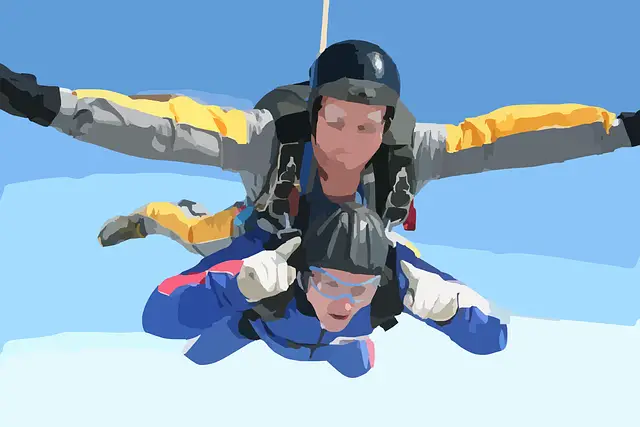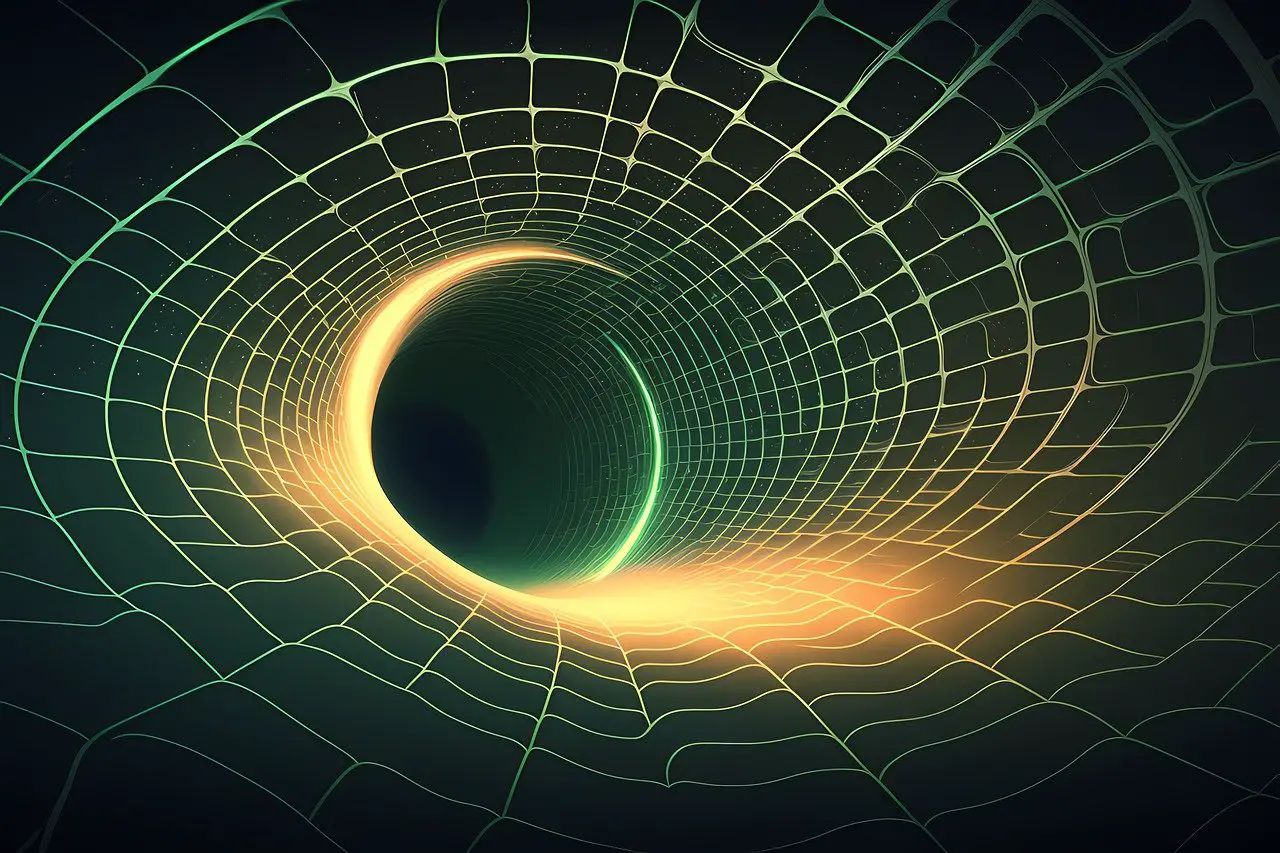
Physics is the science that studies the properties and structure of matter, the forms of its movement as well as its mutual transformations. Physics is one of the most fundamental scientific disciplines and its main objective is to understand how the universe behaves.
Physics is perhaps the most important fundamental science of nature because with its help any other physical phenomenon found in other natural sciences such as chemistry or biology can be explained in principle.
Classical physics
Classical physics includes traditional branches and subjects that were well developed before the beginning of the 20th century: classical mechanics, acoustics, optics, thermodynamics, and electromagnetism.
Classic mechanics
 Classical mechanics deals with bodies driven by forces and bodies in motion and can be divided into:
Classical mechanics deals with bodies driven by forces and bodies in motion and can be divided into:
-
Statics: the study of the forces acting on a motionless body.
-
Kinematics : is the study of movement without taking into account what causes it.
-
Dynamics : is the study of movement and the forces that affect it.
Mechanics can also be divided into: solid mechanics and fluid mechanics, the latter includes branches such as: hydrostatics, hydrodynamics, aerodynamics and pneumatics.
In this field, it is worth highlighting the importance of Newton's three laws developed by Sir. Isaac Newton based on the works of Galileo Galilei. With these laws together with universal gravitation they transformed the way of seeing the physical world.
Acoustics
Acoustics is the study of how sound is produced, controlled, transmitted and received .
Important branches of acoustics include:
-
Ultrasound, the study of sound waves with a very high frequency beyond the range of human hearing
-
Bioacoustics, called animal and auditory physics
-
Electroacoustics, manipulating auditory sound waves using electronics.
Optics
Optics is the study of light, referring not only to visible light, but also to infrared and ultraviolet radiation.
Thermodynamics
Thermodynamics is the branch of physics that deals with the relationships between heat and other forms of energy.
Electromagnetism
An electric current generates a magnetic field and a magnetic field induces an electric current. Electrostatics deals with electrical charges at rest, electrodynamics with charges in motion, and magnetostatics with magnetic poles at rest.
Modern physics
 Much of modern physics is concerned with the behavior of matter and energy under extreme conditions or on a very large or very small scale (for example, the study of atomic and nuclear physics)
Much of modern physics is concerned with the behavior of matter and energy under extreme conditions or on a very large or very small scale (for example, the study of atomic and nuclear physics)
Elementary particle physics (or high energy physics) is on an even smaller scale because it refers to the basic units of matter. At this scale, the usual notions of space, time, matter and energy are no longer valid.
Quantum mechanics (or quantum physics) deals with phenomena at the atomic and subatomic levels and the complementary aspects of particles and waves in describing these phenomena.
Theory of relativity
The theory of relativity refers to the description of phenomena that take place in a reference system that moves relative to an observer.
Albert Einstein formulated this theory and agreed with Isaac Newton in stating that Newton's laws could only be applied to phenomena that develop at low speeds compared to the speed of light.
Later the quantum theory developed by Max Planck, Albert Einstein, Niels Bohr, among others, would appear.
Quantum physics
Quantum physics is a branch of physics that describes and studies phenomena that occur at extremely small scales, such as atoms and subatomic particles.
Unlike classical physics, which deals with the macroscopic world, quantum physics focuses on the behavior of matter and radiation in the quantum realm. It is based on principles such as wave-particle duality, the Heisenberg uncertainty principle, superposition and quantum entanglement.
Quantum physics challenges classical intuition due to its non-intuitive concepts, such as the ability of particles to be in multiple states at the same time, interference between probability waves, and instantaneous correlation between entangled particles.
Although it may be abstract and complex, quantum physics has proven to be a highly successful theory, providing the basis for technological advances such as quantum electronics, quantum computing, and quantum cryptography.
Nuclear physics
Nuclear physics is a branch of physics that focuses on the study of atomic nuclei, that is, the subatomic particles that make up the nucleus of atoms. This discipline is concerned with investigating the properties and behaviors of atomic nuclei, as well as the interactions that occur between them.
This branch of physics focuses on phenomena such as nuclear decay, nuclear fission and fusion, radioactivity, and nuclear reactions. In addition, it is also concerned with exploring the practical applications of nuclear energy and the medical uses of ionizing radiation.
Nuclear physics is fundamental to understanding the structure and functioning of the atomic nucleus, which is essential to understanding the nature of matter and energy at the subatomic level.
Astronomy
 Astronomy in physics is a discipline that focuses on applying the fundamental principles and laws of physics to understand and explain celestial phenomena and the behavior of objects in the universe.
Astronomy in physics is a discipline that focuses on applying the fundamental principles and laws of physics to understand and explain celestial phenomena and the behavior of objects in the universe.
This branch of astronomy is based on the use of physical laws, such as Newton's law of gravity and Einstein's theory of relativity, to analyze and predict movements, interactions and events that occur in space.
In addition, astronomy in physics also addresses issues related to energy, electromagnetic radiation and the dynamics of astronomical systems, allowing for a deeper understanding of cosmic processes.